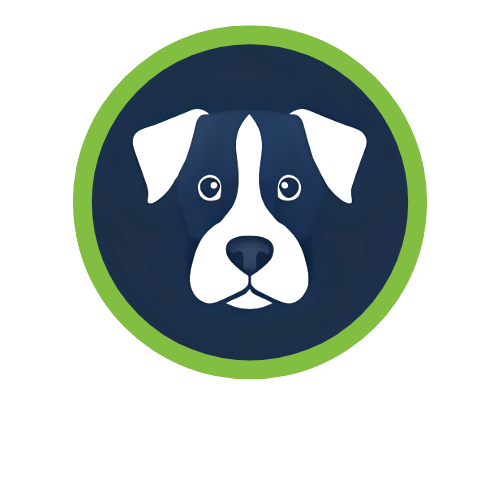Dog and Cat Breed Weight Ranges
What Are "Ideal Weight" and "Target Weight"?
We provide ideal weight ranges by breed as a starting point for understanding your dog or cat’s healthy weight and body condition.
What factors influence a cat or dog’s weight?
Diet
Calorie intake, nutrient density, and feeding routines are the biggest drivers. Measure portions and use calorie guides.
Exercise
Insufficient daily activity contributes to weight gain. Build consistent play and walks that match your pet’s ability.
Genetics
Some pets have genetic predispositions affecting metabolism, appetite, and fat storage, increasing obesity risk.
Spay/Neuter Status
Hormonal changes can lower energy needs. Feeding plans often need adjustment after spay/neuter.
Age
Energy requirements and activity levels change over time. Senior pets may need tailored calories and protein.
Medical Conditions
Endocrine disease (e.g., hypothyroidism, Cushing’s), orthopedic pain, or medications can influence weight.
Ideal Weight
“Ideal weight” is based on a combination of physical and biological factors to optimize your pet’s health and longevity. It represents the healthiest possible weight and body composition for your dog or cat.
Target Weight
“Target weight” is used during a Step Weight Loss program to describe an intermediate goal for weight and body condition. It helps track progress toward achieving your pet’s ideal weight safely and effectively.
Dog & Cat Breed Weight Range Calculators
Quick check: compare your pet’s current weight to typical breed ranges. For the most accurate assessment, pair this with body condition scoring.
Cat Healthy Weight Range (Examples)
Use these sample ranges as a quick reference alongside body condition scoring and your veterinarian’s guidance.
These ranges are provided as a starting point for further investigation and are not intended as individual medical recommendations.
Weight ranges are provided for general reference. Final assessment should include Body Condition Score (BCS) and, when appropriate, Muscle Condition Score (MCS) evaluation by your veterinarian.
Popular Dog Breed Healthy Weight Range (Examples)
Use these sample ranges as a quick reference alongside body condition scoring and your veterinarian’s guidance.
These ranges may be used as a starting point for further investigation. Reported ranges are not intended for individual pet recommendations.
Weight ranges are provided for general reference. Final assessment should include Body Condition Score (BCS) and, when appropriate, Muscle Condition Score (MCS) evaluation by your veterinarian.


